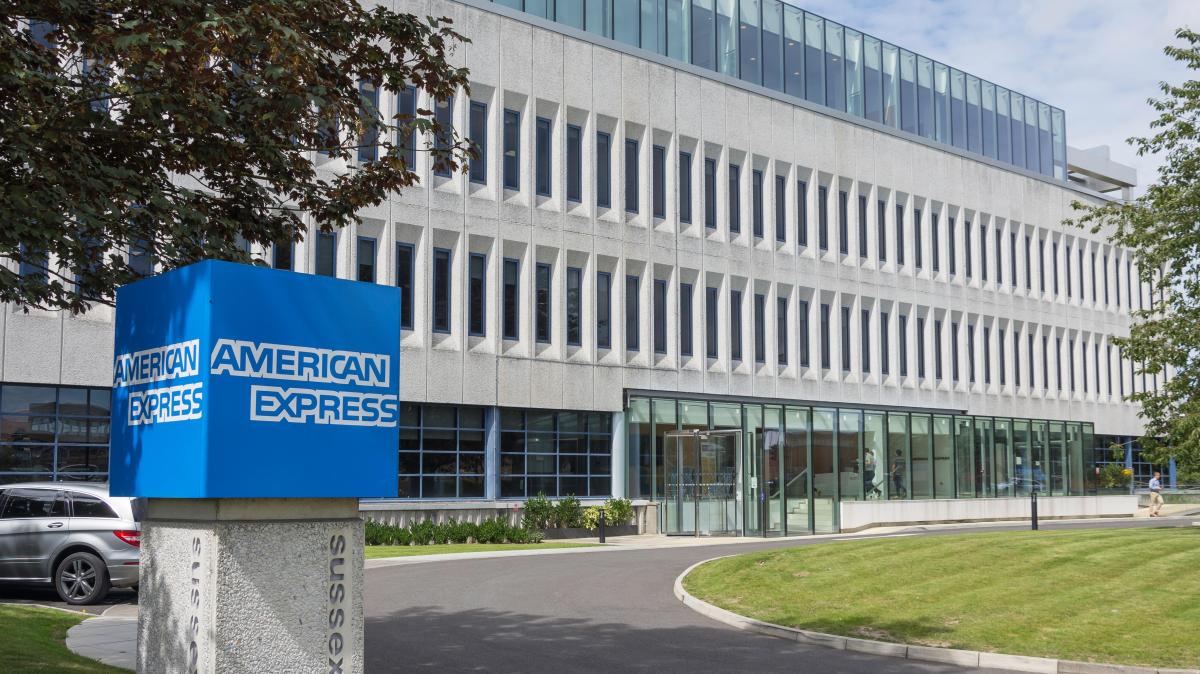Pensioners who have seen their retirement incomes frozen for years are calling urgently for changes to the new Pension Schemes Bill to stop them being further eroded by inflation.
Former employees of companies including BP and American Express say the bill, which is currently going through parliament, will make it even easier for employers to ignore their plight.
While defined benefit (DB) pensions accrued in respect of post-1997 service are protected from inflation, pre-1997 service is not, meaning that many pensioners in their eighties and nineties have seen serious real-terms cuts to their incomes.
As many as 750,000 people are estimated to be affected, dependent on their former employer’s discretion to uprate their pensions.
“This bill, unless amended, rewards the very companies that have undermined the principle of fairness,” said one Amex pensioner. “Profitable corporations will be allowed to take surplus funds while pensioners who built those profits see their income eroded.”
By law, employers are perfectly entitled to keep freezing pension payments in respect of pre-1997 service, but the pensioners argue that no one foresaw the bulge in inflation of the past few years and they have a moral duty to act.
One of the reforms in the bill is to enable employers to more easily access surpluses in their DB schemes, including enabling them to be returned to the employer or shared with members.
However, there is no compulsion to share the surpluses with members, let alone with pre-1997 members.
One aggrieved pensioner said the bill was effectively “turning pensioners’ losses into boardroom bonuses”.
• Profit warnings rise among companies with traditional pensions
Scheme members from Amex and BP were among those giving evidence to MPs on the work and pensions select committee last month. Representatives of 3,000 former BP employees said the bill gave employers complete veto power to block surplus-sharing.
They say the purchasing power of their pensions is down 11 per cent in the past four years because of BP’s refusal to give them discretionary increases.
David Thomas, who worked for Amex for 17 years to 1998, latterly as head of corporate cards, said: “We think the bill will worsen the precise company behaviours we have been campaigning against. And the window to fix this is rapidly closing.
Amex has not raised pre-1997 pensions for 11 years, reducing them in real terms by about 40 per cent, the campaigners estimate.
• Amex ignores plight of its pensioners impoverished by inflation
Other employers facing criticism from their former UK staff include KPMG and Pfizer. Employers argue that they are doing nothing wrong, comply fully with the rules and that their primary duty is to ensure the financial resilience of their schemes to honour promises to all members.
A Department for Work and Pensions spokesman said: “Indexation requirements aim to strike a balance between providing members with some measure of protection against inflation and not increasing schemes’ costs beyond what they can generally afford.
“The Pension Schemes Bill gives trustees greater flexibility to share surplus with employers, enabling greater benefits for members, such as voluntary pension increases above the statutory minimum, and ensures strong funding safeguards.”

